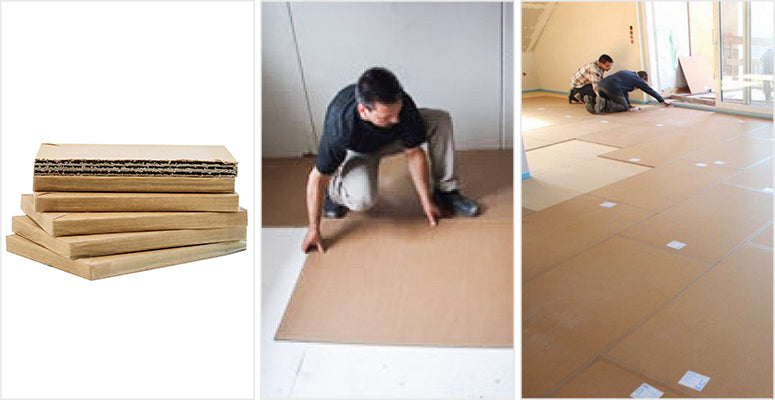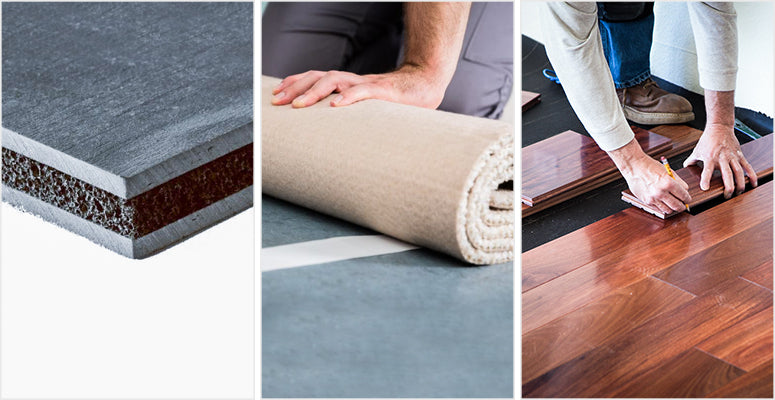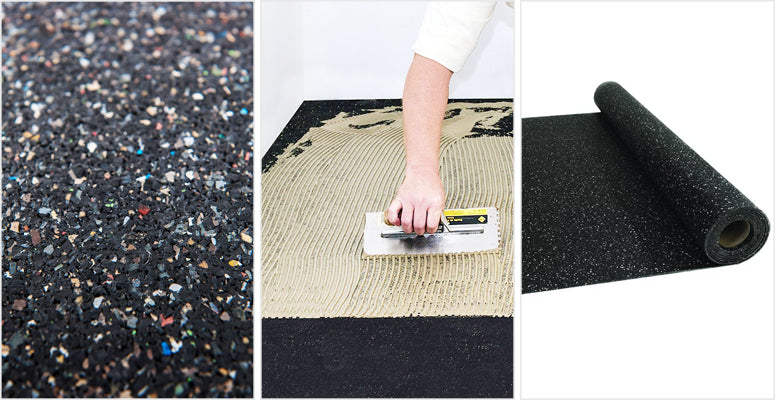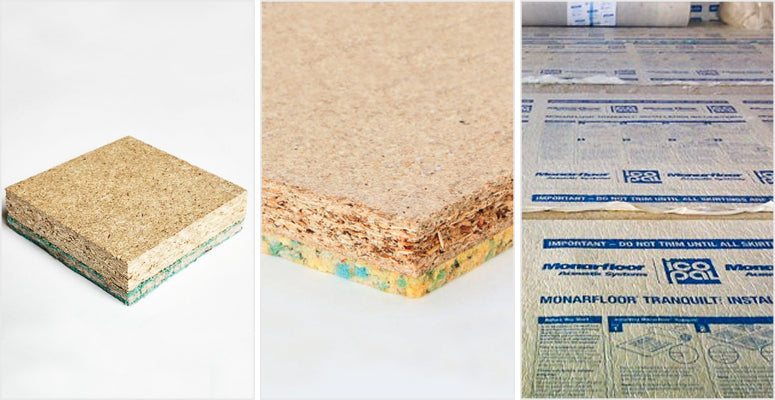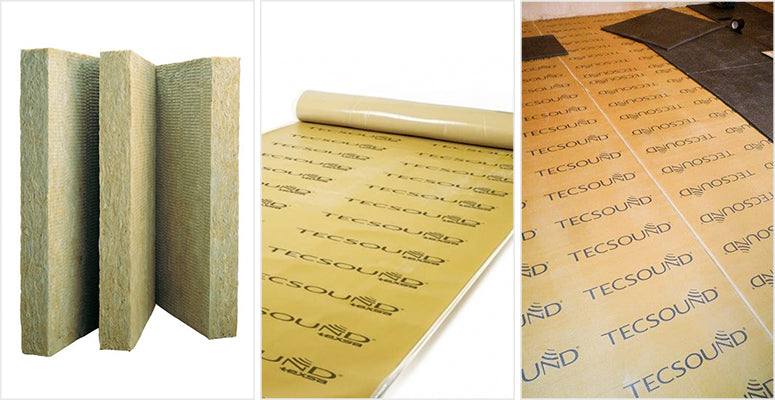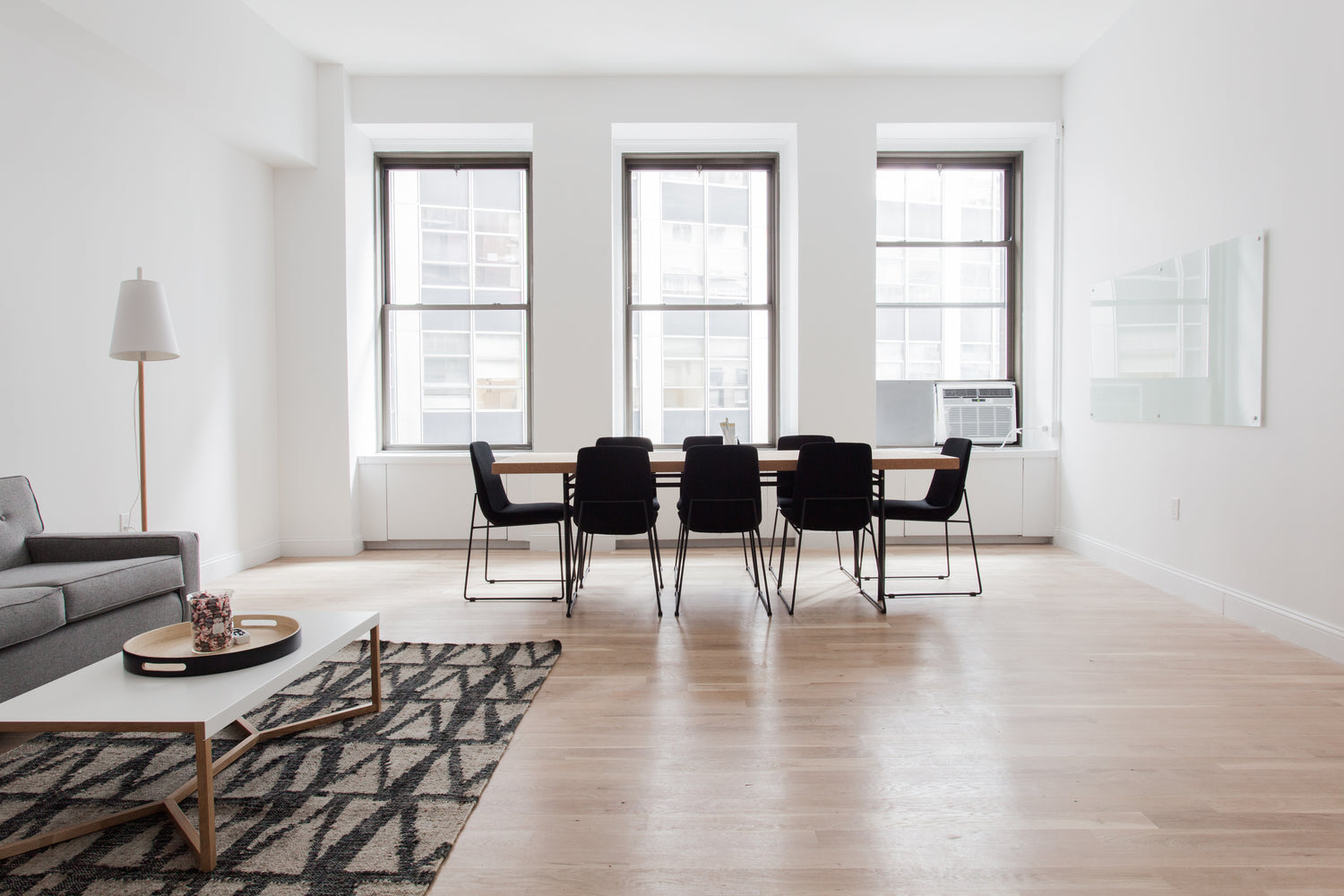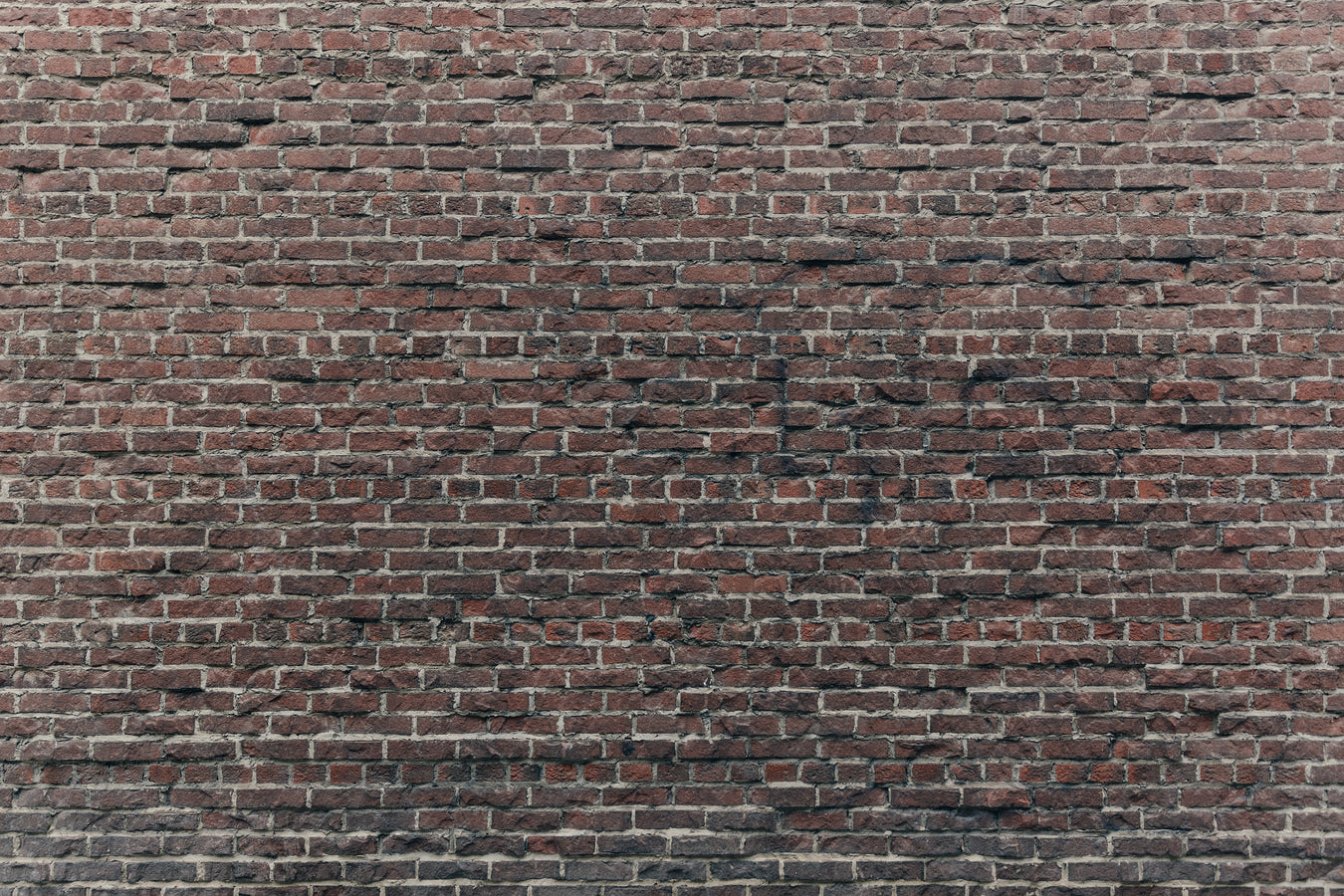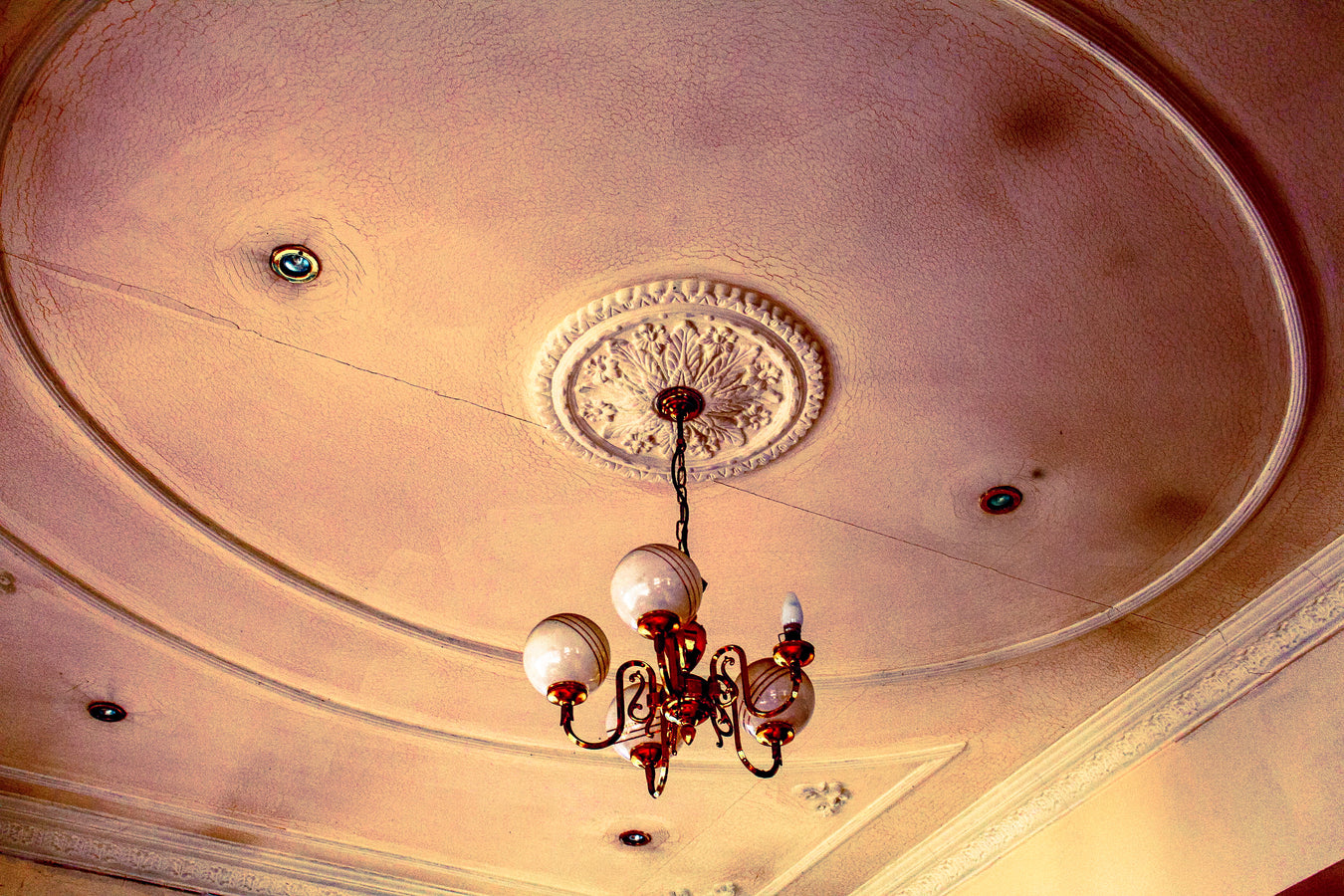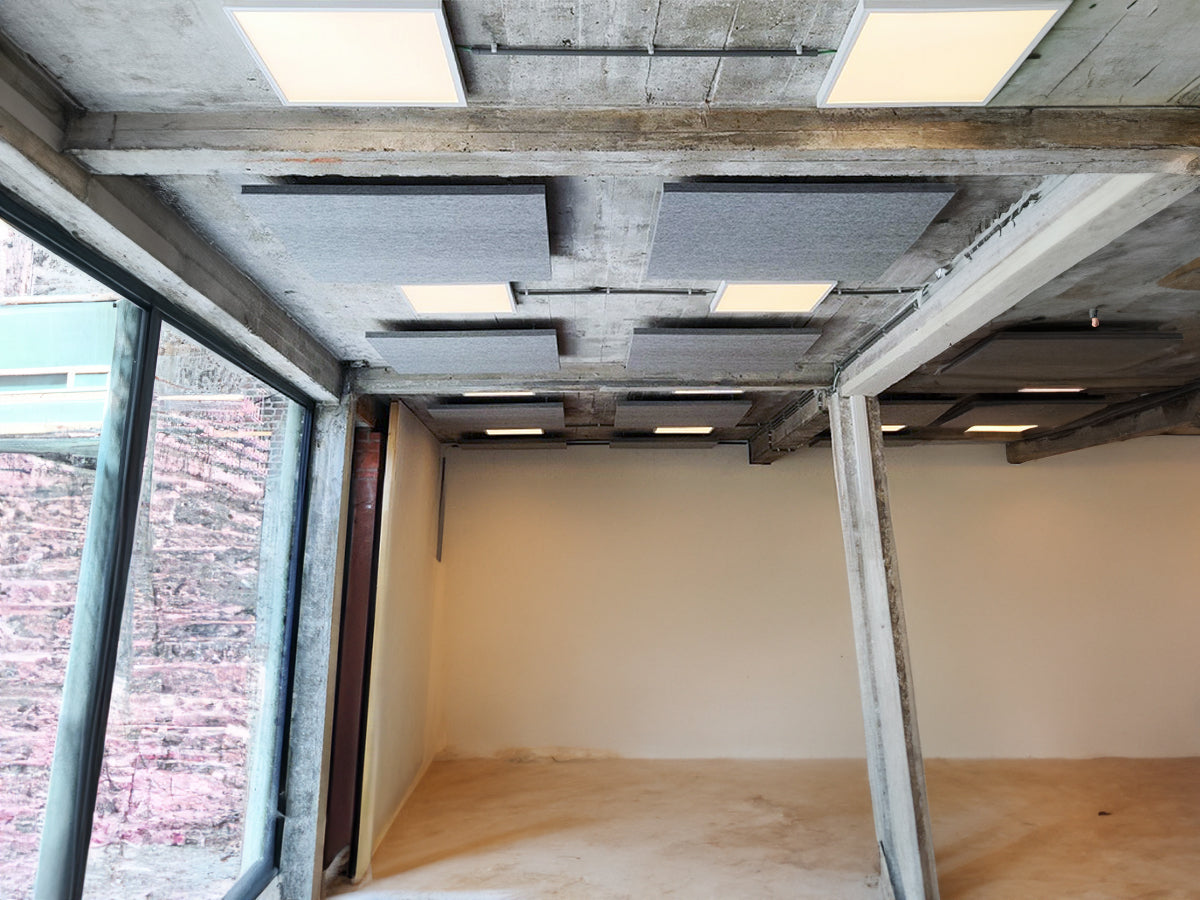Whether it's footsteps, voices, or vibrations, a well-soundproofed floor can make a significant difference in creating a peaceful environment. We offer a range of floor soundproofing solutions designed to effectively reduce noise transmission.
Market-Leading Floor Soundproofing Solutions
Our floor soundproofing products are engineered to deliver exceptional performance in both residential and commercial settings. We provide an extensive selection of materials tailored to different needs, from reducing impact noise in busy offices to maintaining quiet living spaces in multi-storey homes. With market-leading solutions and expert advice, Soundstop.co.uk is your go-to resource for achieving optimal floor soundproofing.
Why Choose Floor Soundproofing?
Floor soundproofing is essential for maintaining a quiet and comfortable environment, particularly in multi-level buildings. Whether you're looking to block out noise from downstairs neighbours or prevent sound from traveling to the lower floors, soundproofing your floor can significantly improve the acoustic quality of your space. Additionally, floor soundproofing is not only beneficial for noise reduction but also adds value to your property by creating a more serene living or working environment.
The Benefits of Floor Soundproofing:
Noise Reduction: Effectively minimizes impact and airborne noise, such as footsteps, conversation, and entertainment systems.
Privacy Enhancement: Ensures that sounds do not travel between floors, maintaining privacy in both residential and commercial settings.
Improved Comfort: Creates a more tranquil atmosphere, reducing stress and enhancing the overall comfort of your space.
Property Value: Soundproofed floors can increase the desirability and value of your property by providing a quieter, more enjoyable living environment.
Compliance with Regulations: Helps meet building regulations related to soundproofing, particularly in new builds or renovations.
Key Questions for Floor Soundproofing
When considering floor soundproofing, it's essential to address a few critical questions to ensure you select the right solution for your specific needs. Here's what you should consider:
1. Where is the sound coming from?
Understanding the source of the noise is the first step in effective soundproofing. Is the noise originating from the floor above or below, or is it traveling through flanking paths like pipes, vents, or gaps in the structure? Identifying the exact source will guide your soundproofing approach, whether it involves treating the floor, ceiling, or plugging gaps that allow sound to travel.
2. What is the construction of your floor?
The materials and construction of your floor greatly influence the choice of soundproofing methods. Floors typically fall into two categories: timber joist flooring with a plasterboard ceiling, or solid concrete flooring with a screed layer. Timber floors often require solutions that address both airborne and impact noise, while concrete floors primarily need impact noise reduction.
3. What type of noise are you dealing with?
Noise can be classified into two main types: impact sound and airborne sound. Impact sound results from physical contact between objects and surfaces, like footsteps, while airborne sound includes noises such as conversations or music that travel through the air. Identifying the type of noise you're experiencing will help you choose the right materials—acoustic mineral wool for impact sound and high-mass materials for airborne sound.
4. How loud is the sound?
Assessing the volume of the noise you're trying to reduce is crucial for determining the level of soundproofing required. Louder noises might necessitate more robust solutions or even compliance with specific building regulations, like Part E in the UK. Understanding the intensity of the sound will help you balance effectiveness with budget considerations.
5. How much space do you have to work with?
Soundproofing often involves adding layers to your flooring, which can raise the height of the floor. It's important to measure the available space and decide how much height you can afford to lose. Some soundproofing systems are as thin as 3mm, but more effective solutions may require sacrificing additional headroom.
By carefully considering these questions, you can choose the most suitable floor soundproofing solution for your specific environment, ensuring optimal noise reduction and a more peaceful living or working space.
How to Soundproof a Floor?
Soundproofing a floor typically involves adding layers of soundproofing materials between the existing floor and the subfloor. This can include acoustic underlays, mass-loaded vinyl, or resilient materials designed to dampen vibrations. The process may vary depending on the type of flooring you have (e.g., hardwood, carpet, or tile) and the level of soundproofing required.
Are there any Building Regulations about Soundproofing a Floor?
Yes, in the UK, building regulations specify certain standards for soundproofing, particularly in multi-residential buildings. Part E of the Building Regulations covers resistance to sound, setting minimum performance standards for floors, walls, and ceilings. Compliance is essential, especially in new constructions or when converting properties into multiple units.
Can you Soundproof an Existing Floor?
Absolutely! Soundproofing can be retrofitted to existing floors without the need for extensive renovations. Solutions like acoustic underlays and soundproofing mats can be installed beneath the existing flooring to improve sound insulation. In some cases, adding a layer of mass-loaded vinyl or using resilient channels can further enhance the soundproofing performance.
Is Soundproofing Between Floors Worth it?
Yes, soundproofing between floors is highly beneficial, particularly in properties where noise from above or below is a concern. It enhances privacy, reduces disturbances, and creates a more comfortable environment for everyone in the building. The investment in floor soundproofing is often well worth the improvement in quality of life and the added value to your property.
What is the Best Sound Barrier Between Floors?
The best sound barrier between floors typically combines multiple layers of soundproofing materials. Acoustic underlays paired with mass-loaded vinyl or soundproofing mats offer excellent results. These materials work together to block both impact and airborne noise, ensuring comprehensive soundproofing. The specific solution may vary depending on your flooring type and noise reduction needs, so consulting with experts at Soundstop.co.uk can help you choose the ideal products for your situation.

